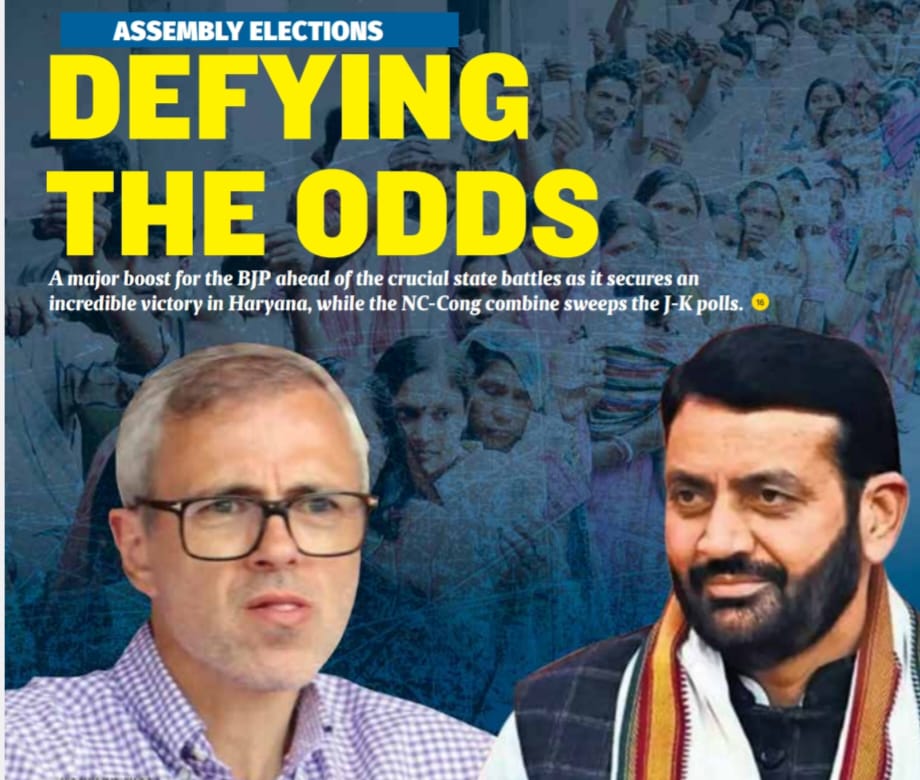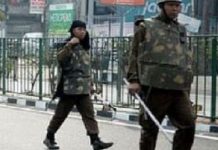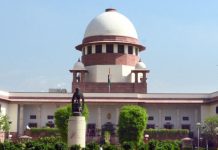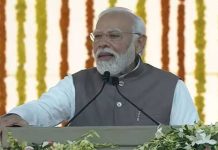
A shocking defeat in Haryana, coupled with a lackluster performance in Jammu and Kashmir, has significantly weakened Congress’ standing within the INDIA bloc as the Maharashtra and Jharkhand Assembly elections approach. Just months after an encouraging showing in the Lok Sabha elections, the party finds itself re-evaluating its strategy following the October 8 verdict. Several allies, including the Shiv Sena-UBT (Uddhav Balasaheb Thackeray), the CPI, and the Aam Aadmi Party (AAP) have urged Congress to reflect on its approach in light of the recent setbacks.
In Maharashtra, where seat-sharing talks within the Maha Vikas Aghadi (MVA) coalition are intensifying, both Shiv Sena-UBT and Sharad Pawar’s NCP are keen to leverage Congress’ vulnerability for better deals. Although Congress touts its performance in the Lok Sabha, having won 13 out of 17 contested seats, it cannot afford complacency. The party’s decision to go solo instead of partnering with AAP backfired in Haryana; AAP’s 1.79 percent vote share ultimately influenced the close contest between the BJP and Congress.
As the Congress leadership returns to the drawing board, it must adopt a more accommodating stance towards its allies. In Jharkhand, where the BJP is gaining momentum, it would be wise for Congress to play a supportive role to the Jharkhand Mukti Morcha. Similarly, in Maharashtra, prioritizing the coalition’s needs over its own interests will be crucial.
In Jammu and Kashmir, the decisive win for the National Conference-Congress alliance marks a fresh chapter for the five-year-old Union Territory. With voters finally able to participate in Assembly elections after a decade, they have opted for stability rather than a fragmented mandate. This clear majority helps dispel concerns over potential political maneuvering in a hung assembly and resolves controversies surrounding the nomination of five legislators by the Lieutenant Governor. The upcoming challenge for the winning alliance and the Centre will be to manage the transition of power responsibly and build trust as any confrontational approach would disregard the electorate’s wishes.
The region has endured trauma from violence, communal tensions, and a long-standing sense of injustice. After years of political apathy, the recent electoral engagement has revitalized the democratic process. The new government now bears the responsibility of shifting focus from political infighting to addressing the real needs of the people, improving their lives, and empowering them.
On a broader scale, the Lok Sabha results initially solidified the Prime Minister’s position, albeit with reduced political capital. The Haryana defeat serves as a crucial reminder of Modi’s enduring dominance in the political landscape, reinforcing his authority amidst growing challenges. For Congress, the Haryana verdict underscores the need for introspection; Rahul Gandhi must navigate the internal divisions more effectively to fulfill his role as the opposition leader, as the electorate looks to him for cohesive leadership.
With these challenges ahead, Congress must realign its strategies to regain its footing and effectively engage with its allies, all the while addressing the pressing concerns of the electorate in the run-up to the upcoming elections.












